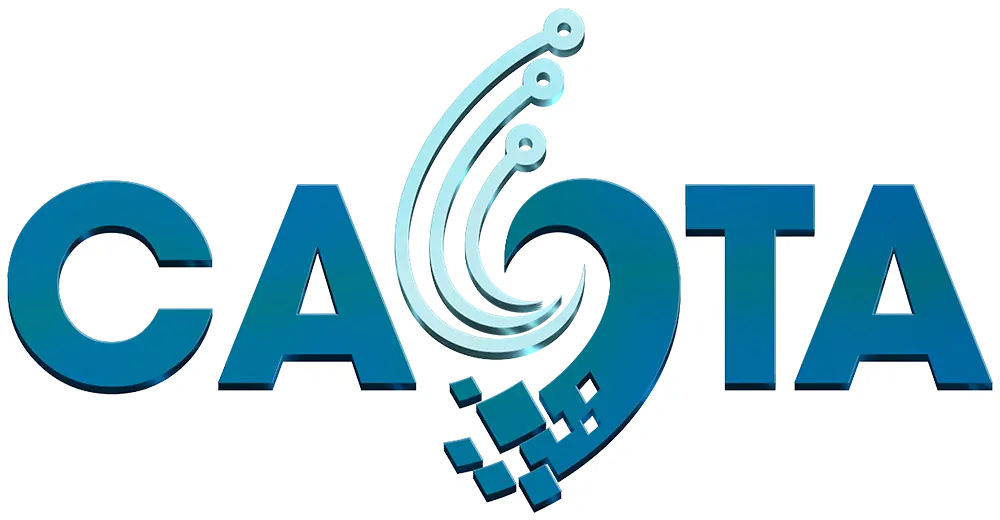In an era where consumer trust increasingly hinges on transparency, origin, and food safety, blockchain technology is emerging as a breakthrough tool to enhance product value—especially for locally distinctive goods. With its decentralized, tamper-proof data storage, blockchain enables consumers to access comprehensive information about a product, from raw material sourcing to production, packaging, and transportation—something traditional technologies struggle to guarantee fully.

Imagine holding a package of Moc Chau coffee or ST25 rice from Soc Trang. With a quick scan of a QR code linked to a blockchain system, you could view the name of the farm where the rice was grown, the harvest date, details of the cultivation process including fertilizers used, and the packaging facility. The supply chain can even record storage temperatures, transportation timelines, and quality certifications. This is not just a way to build trust—it’s a “passport” that allows local specialty products to enter demanding markets like Europe, Japan, or the United States.
Blockchain is particularly useful in the context of Vietnam’s agriculture, which is still often criticized for lacking uniform standards and facing issues like trade fraud or mixing with inferior products. Through decentralized real-time data updates that cannot be altered or forged, blockchain enforces compliance throughout the supply chain. Everyone involved—from farmers and processors to transporters—must follow the correct procedures. No one can “beautify the records” after a violation has occurred.
A pioneering example is the application of blockchain to Binh Thuan dragon fruit. In a collaboration between a tech company and a local agricultural cooperative, export batches of dragon fruit destined for Japan were tagged with blockchain-enabled codes, allowing traceability from planting to container loading. This not only ensured transparency but also left a strong impression of professionalism and modernity—thereby boosting brand value and customer preference.
Blockchain adoption doesn’t have to be complicated or require heavy infrastructure. Many technology platforms today have simplified the integration of blockchain into QR codes, making it accessible for cooperatives and small-scale producers without advanced programming knowledge. What’s crucial is the involvement of a trusted intermediary—such as a tech enterprise, agri-tech startup, or government support unit—to initiate the system and guide local users.
Another advantage of blockchain is its integration with smart contracts. For example, an export order of Ri6 durian can be tied to a smart contract stipulating that payment will only be released if the product is shipped at the correct temperature, on schedule, and passes quality inspections. This creates a transparent transaction environment, reduces risks, and minimizes disputes.
However, like any technology, blockchain only proves effective when supported by proper awareness and strategic investment. If producers are unwilling to provide complete information, or if supply chain actors remain fragmented and disconnected, the technology will amount to little more than a facade. Therefore, alongside blockchain implementation, it is essential to cultivate a culture of transparency and accountability in agricultural production—where every farmer is not just a grower but also a data steward.
The sustainability of local specialty products does not rely solely on the quality of the crops but also on the trust and transparency embedded throughout the value chain. Blockchain is not the destination—it is the means to build trust, expand markets, and elevate the status of local products on the global trade map. When trust becomes a core value, specialty products are no longer limited to domestic consumption; they become ambassadors of national quality and identity.
Ngày đăng: 17-05-2025
Tác giả: Kim Anh

